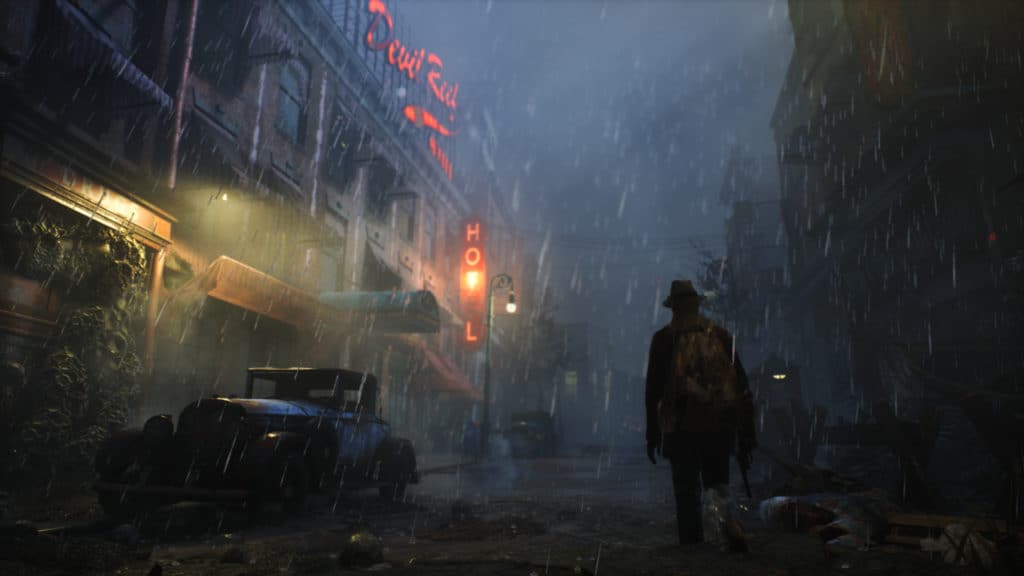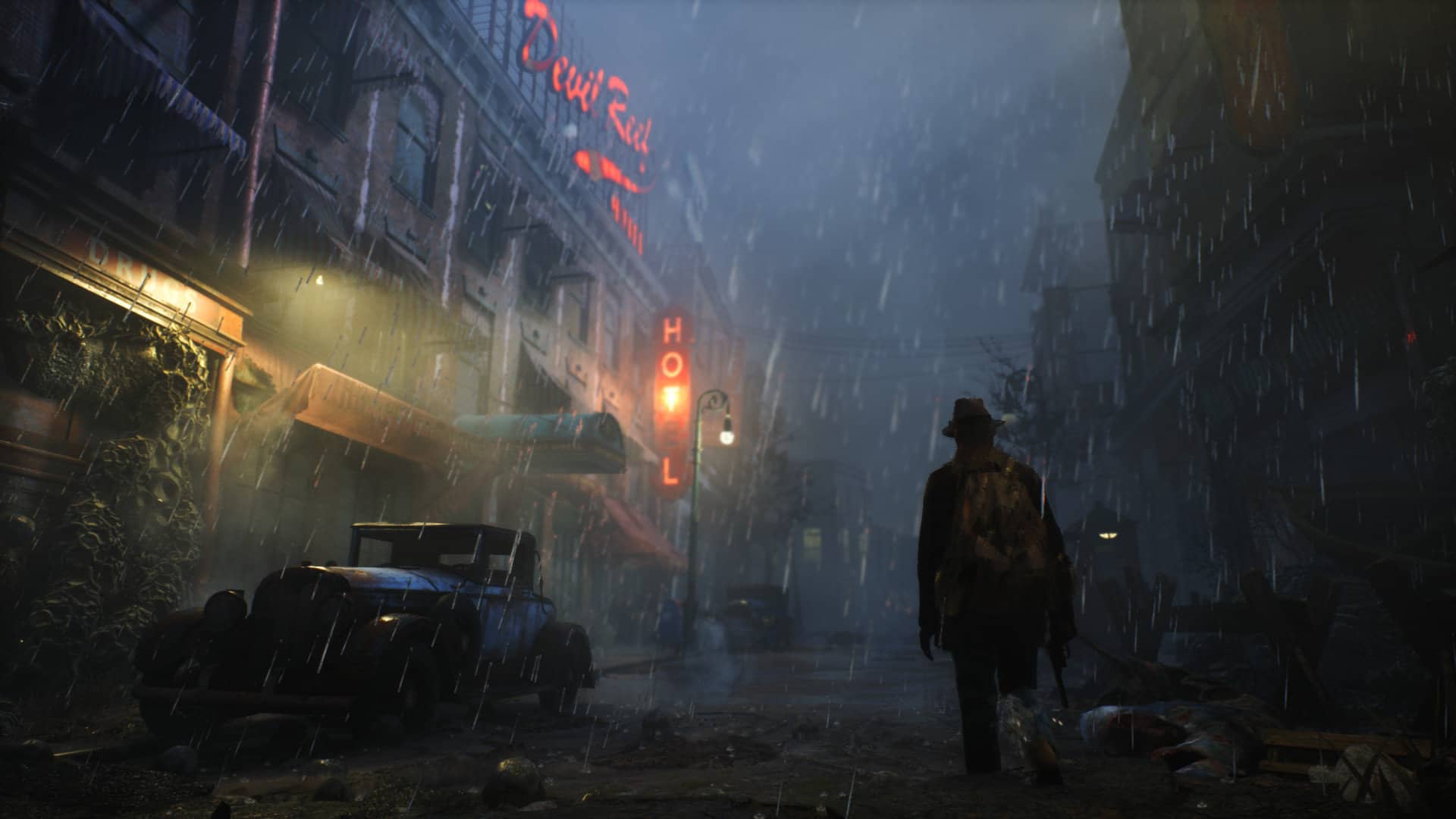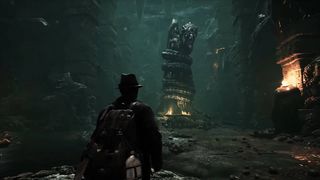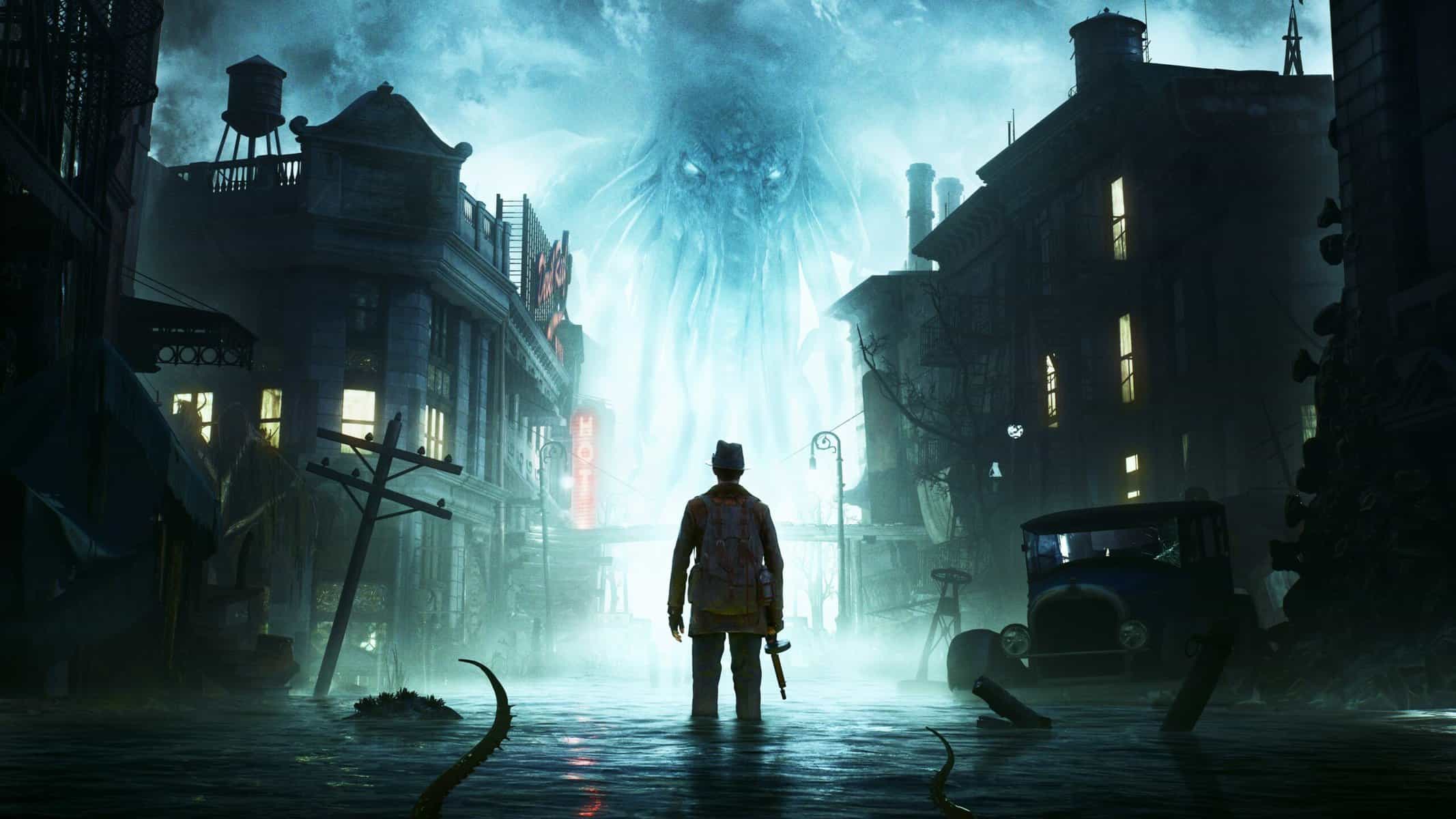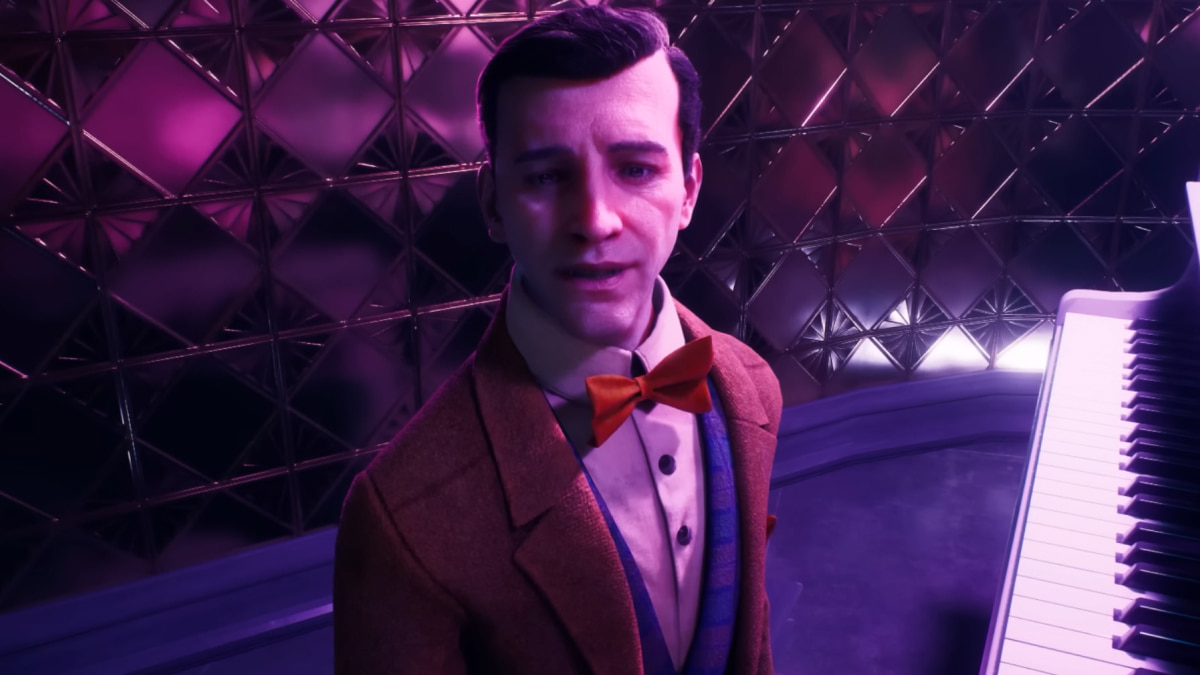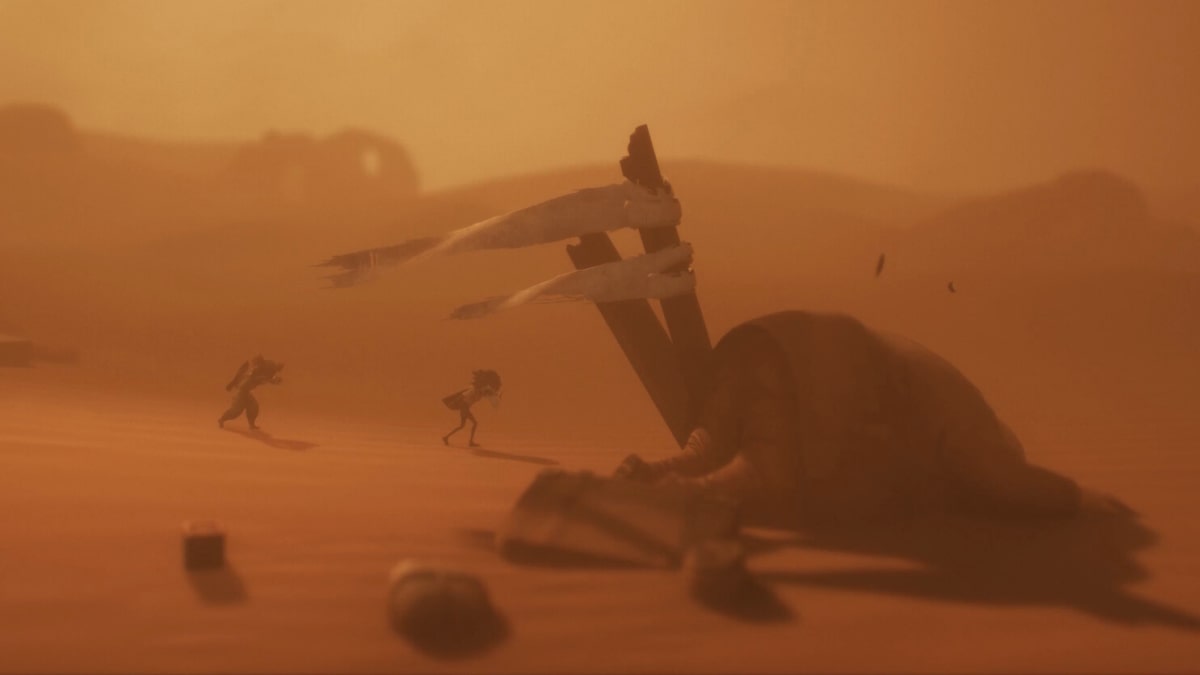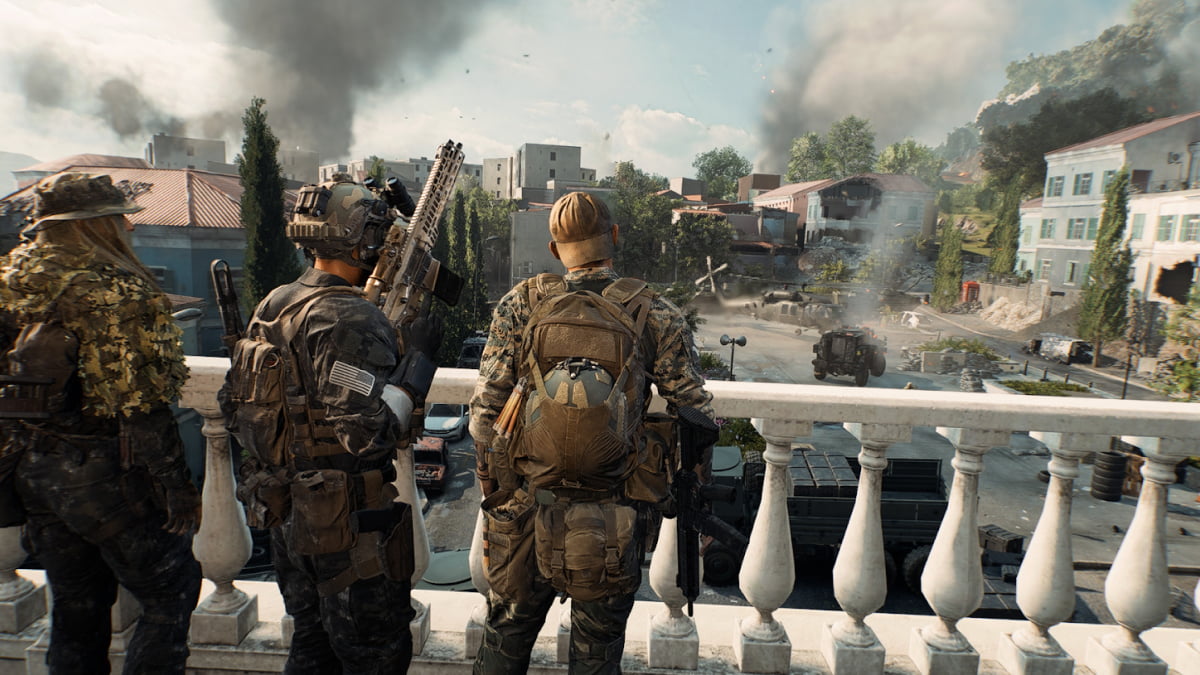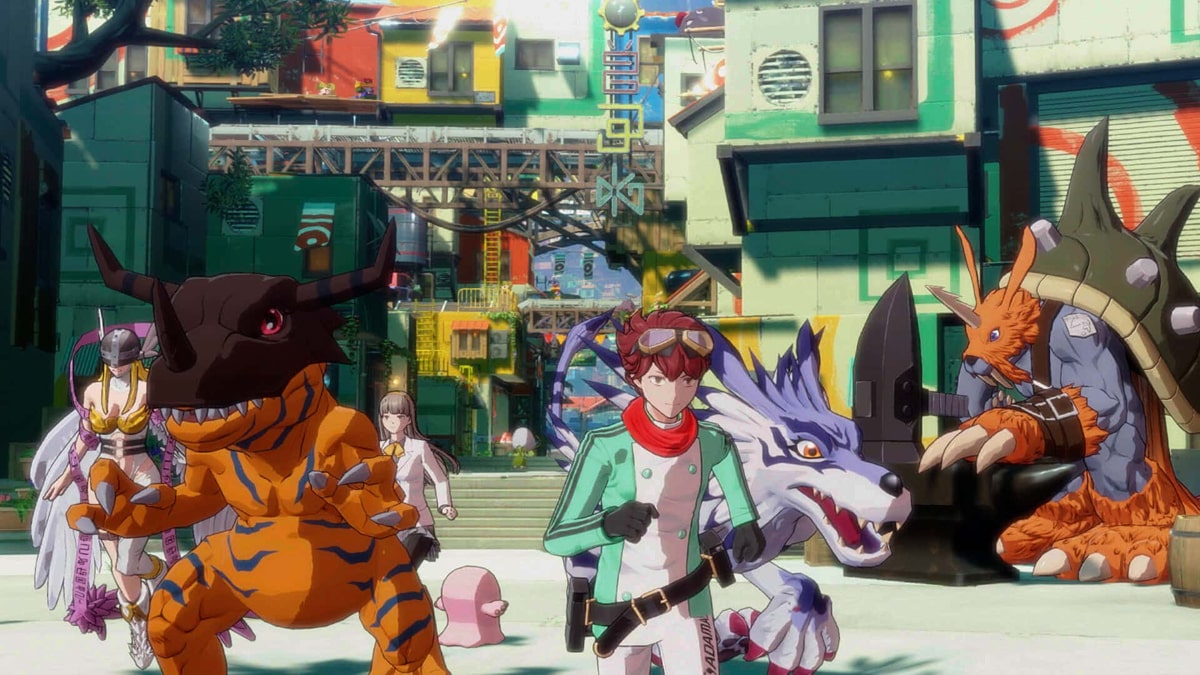You can trust VideoGamer. Our team of gaming experts spend hours testing and reviewing the latest games, to ensure you're reading the most comprehensive guide possible. Rest assured, all imagery and advice is unique and original. Check out how we test and review games here
If you want to do a Lovecraft game, in 2019, here’s what you do: tell everyone you’re going to do a Lovecraft game, and then don’t. People will drive themselves mad, thinking they heard whispers or spotted a stray tentacle at the edges of their vision. You will be lauded for your subtlety and restraint – plus, you won’t have to worry about showing subtlety and restraint. The genre is worn and weary, its veil of mystery long motheaten, and its unspeakable horrors have mostly been spoken. Enter The Sinking City, the new game from developer Frogwares. The first ten minutes see you dreaming of deep-sea horrors; solving a quick crime of murder and madness; spotting a local cultist, out for a stroll; and meeting a man with the face of a fish. All in all, as Lovecraft games go, pretty subtle and restrained.
Doing the solving is a private detective named Charles Reed – think Professor Layton, doused in drink, having come unmoored in middle age, his tophat deflated to a fedora. Reed is possessed of foul visions, driving him to the fictional city of Oakmont, Massachusetts, to seek both a cause and a cure. Once he arrives, he finds the citizens don’t live there so much as they are marooned – the city has been drenched by an unearthly torrent, turning most of its roads to rivers and its dry patches into an archipelago. The buildings are encrusted with barnacles, and the streets are filled with mess and slime, spluttered up by the sea. Welcome to Lovecraftland.
Oakmont is a sizeable sprawl, made up of several neighbourhoods ranging from brownish Hooverville trash heaps to stately suburbs wrapped in wrought iron railing. It would be nice to report that it’s as thickly layered as Gotham, or as crammed as Kamurocho with treasures, but it isn’t. The streets are sparse, and it only feels large for its lack of drivable cars. Indeed, the only vehicle you have is a motorboat, for the flooded sections, and that moves as if powered by a rubber band. Most of your time is spent trafficking between boroughs on foot and fast-travelling, which breaks up the palpable sense of place with loading screens. You may find yourself, like I did, feeling spread-out, and tired of all the ambling.
What beckons you to and fro are the cases, and it falls to you to pull at whichever strands entice or entangle the most. Early on, Reed is handed a sheaf of letters by the manager of his hotel, all pointing to a string of addresses and disturbances. On top of that, there is the main quest, which sees him digging around after a diving exhibition goes awry. The genre of the open world detective game isn’t one whose depths have been plumbed, and I wonder if that isn’t for good reason. It’s hard enough to thread a decent narrative through a non-linear land, let alone what The Sinking City proposes: a joint venture of cosmic horror, story, and the steady, mounting satisfaction of an investigation.
Given Frogwares’ history with the Sherlock Holmes games, the latter is, predictably, the best thing in the game, for a simple reason: when a lightbulb blinks on in your head, it stays there. The screen isn’t cluttered with suggestions or waypoints; you see your own schemes through in more organic fashion. At one point, Reed needs to locate a business. Logic dictates it would be in the business registry, in City Hall – only, what logic would that be? Certainly not traditional video game logic, which so often cradles and cossets us that we’re used to worlds in which grey matter doesn’t matter. It’s tough to pin down the pleasure I felt when I found the address I needed in the archives – somewhere between joy and relief: a keen admiration for how such design flirts with frustration, and a wash of gratitude that I had made the leap.
Meanwhile, the actual mechanical work of investigation is more prosaic. Reed is, I am sorry to say, the owner of a ‘mind palace,’ (though to look at you would think him more fitting of a ‘mind shack’) It’s a term popularised by BBC’s Sherlock – and even then it sounded like the sort of rubbish you would find on the back of a game box – and now it’s a rather grandiose name for what is, essentially, a flow chart of basic deductions. You also have Reed’s ‘Retrocognition,’ which enables him to piece together past events in a sort of spectral shimmer. And then there are dollops of drab combat, the principal duty of which seems to be to pad out the run time by spawning a beastlet or two just after you’ve found a vital clue. I’d sooner go without.
Indeed, that’s indicative of the approach all round, which crowds and stretches the game’s finer points, dimming their potency. For instance, as good as it is to feel one’s hand released from the clammy grip that most games apply to it, I could have done with a minimap when it comes to getting from place to place – I must have seemed an awful tourist, so often did I retreat to the map screen while on foot. As such, the legwork of being a detective turns into merely work, carried out with legs. How sad that its greatest coup should become crusty – doubly so for the striking world that Frogwares has crafted, a place of vibrant murk where the mood is kept by a constant, light needling of rain.
Indeed, fans of Lovecraft (a zealous circle who bestow new meaning on the phrase ‘cult following’) will find much to revel in here. Early on, we meet Robert Throgmorton, an aristocrat who appears to be part ape, with muttonchops like doormats and bulging jaws. He dresses lavishly and lives in a mansion; when he speaks, we get a flash of fangs – a vision of wildness that no necktie can tame. It’s as if Kong had realised that climbing the Empire State Building wasn’t the only way to reach high society. His presence is a reference to Lovecraft’s Facts Concerning the Late Arthur Jermyn and His Family, a short story about a British Nobleman with feral ancestry. Elsewhere, a secret society from several Cthulhu mythos books, called the Esoteric Order of Dagon, rears its head and nods to the nerdy.
And therein lies the problem. For me, Lovecraft works best as a zest – a thin scraping of suggestion at the fringes of something solid. Games like Bloodborne and Eternal Darkness understood that cosmic dread belongs in the background, with intricate combat or intricate characters to root the chills. When the world is awash with fantasy, reality comes adrift, and we lose the sense of the unknown and the unknowable. We need an anchor, a port in the storm. Think of Amanda Ripley, poised and pragmatic in the face of her nightmare foe. It would be nice if Reed could step in and shoulder the burden, but alas, he isn’t up to the job; he looks raddled and rough-faced and says things like ‘time to figure this out’ with the energy of a flat tyre. The Sinking City is well worth playing for the initial rhythm of its casework and the freshness of its setting, but its mechanics, like its mystery, end up flooded.
Developer: Frogwares
Publisher: Bigben Interactive
Available on: PC [reviewed on], PlayStation 4, Xbox One, and Nintendo Switch
Release Date: May 30, 2019 / 2019 (Switch)
To check what a review score means from us, click here.
The Sinking City
- Platform(s): Nintendo Switch, PC, PlayStation 4, Xbox One
- Genre(s): Action, Adventure
